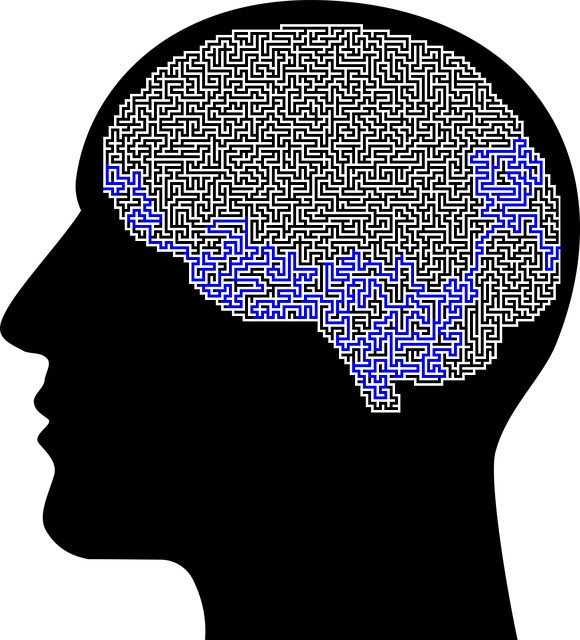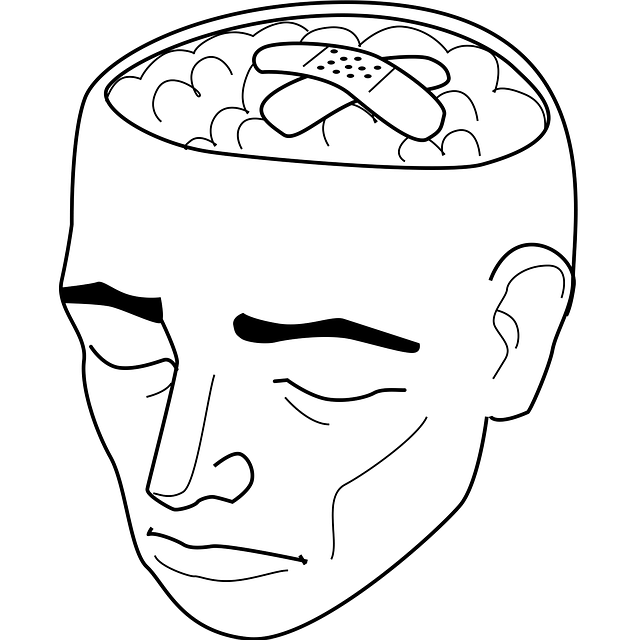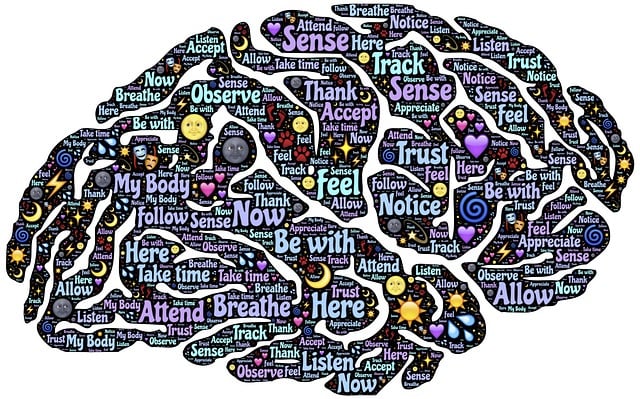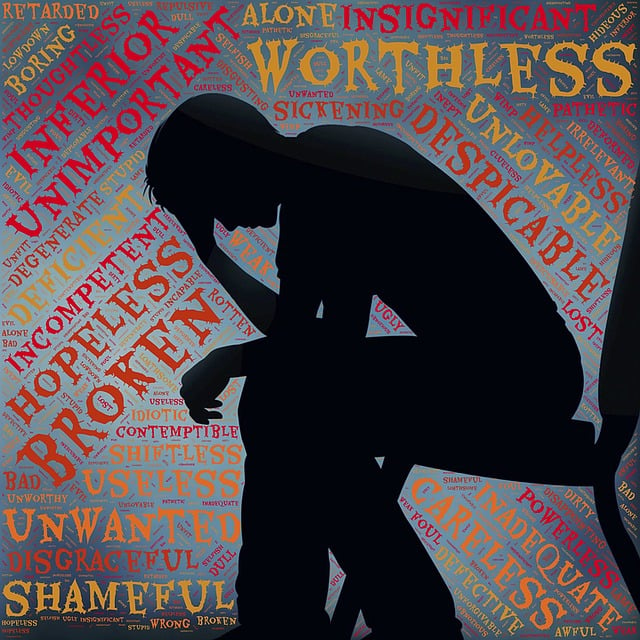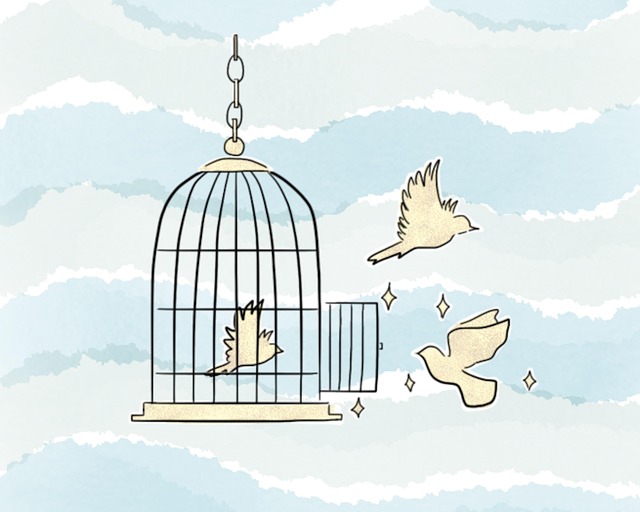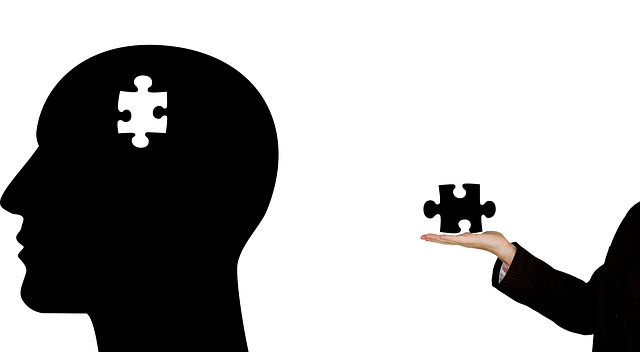Loss, grief, and bereavement significantly impact mental health, especially in individuals with bipolar disorder. Wheat Ridge Bipolar Disorder Therapy offers tailored support through counseling, helping clients process emotions, develop healthy coping mechanisms, and build resilience. This holistic approach integrates communication strategies and evidence-based practices like compassion cultivation to address co-occurring conditions, fostering emotional well-being and inner strength during healing. Self-awareness exercises and confidence-boosting activities empower individuals to transform grief into growth opportunities.
“In times of profound loss, grief can feel like an overwhelming tide. Understanding and managing these emotions is essential for healing. This article provides a comprehensive guide to navigating loss, grief, and bereavement, offering insights into their complex interplay. We explore the critical role of counseling in helping individuals cope with their pain.
Additionally, we delve into specialized support, such as Wheat Ridge Bipolar Disorder Therapy, which addresses co-occurring conditions, ensuring holistic healing. Discover therapeutic strategies and supportive systems to foster resilience during challenging times.”
- Understanding Loss, Grief, and Bereavement: A Comprehensive Overview
- The Role of Counseling in Navigating Difficulties After Loss
- Wheat Ridge Bipolar Disorder Therapy: Addressing Co-occurring Conditions
- Strategies for Healing: Therapeutic Approaches and Support Systems
Understanding Loss, Grief, and Bereavement: A Comprehensive Overview

Loss, grief, and bereavement are complex processes that significantly impact individuals’ emotional and psychological well-being. Understanding these concepts is crucial for effective counseling and support, especially in cases involving mental health challenges like Wheat Ridge Bipolar Disorder Therapy. Loss refers to the absence or deprivation of something valued, while grief and bereavement are natural responses to this loss.
Grief is a deeply personal journey, often characterized by intense emotions such as sadness, anger, guilt, and confusion. It involves numerous stages, including denial, bargaining, depression, acceptance, and eventually, adaptation. Bereavement, on the other hand, specifically refers to the state of being after a significant loss, particularly the death of a loved one. Effective counseling strategies, such as those employed in Wheat Ridge Bipolar Disorder Therapy, focus on providing safe spaces for individuals to express their feelings, share memories, and develop healthy communication strategies to cope with their loss. Mental Illness Stigma Reduction Efforts play a vital role in fostering an environment where individuals feel understood and supported during this challenging time, while Mental Health Policy Analysis and Advocacy contribute to improving access to quality care and resources for bereaved people.
The Role of Counseling in Navigating Difficulties After Loss

After a significant loss, individuals often find themselves navigating uncharted territory, grappling with emotions that can feel overwhelming and confusing. This is where counseling plays a pivotal role in the healing process. Loss, grief, and bereavement counseling provides a safe space for people to express their feelings, remember their loved ones, and begin to understand the depth of their pain. Through skilled facilitation, counselors help clients develop essential coping mechanisms, such as resilience-building strategies, that enable them to adapt to life without their beloved companion.
In addition to facilitating emotional processing, counseling sessions empower individuals with confidence-boosting tools tailored to their unique experiences. By fostering empathy and understanding, therapists create an environment where the grieving person feels seen, heard, and supported. This supportive framework allows for the exploration of coping mechanisms that honor the individual’s journey, whether they seek to integrate the loss into their life narrative or find ways to celebrate the memory of their loved one while embracing new beginnings.
Wheat Ridge Bipolar Disorder Therapy: Addressing Co-occurring Conditions

In the context of Wheat Ridge Bipolar Disorder Therapy, addressing co-occurring conditions like grief and bereavement is crucial. Many individuals struggling with bipolar disorder also experience acute periods of loss and mourning, which can exacerbate their symptoms. Therapists in Wheat Ridge, CO, specialize in integrating communication strategies to help clients process these emotions healthily. By combining evidence-based practices such as compassion cultivation and burnout prevention, counselors create a safe space for individuals to express their grief while developing coping mechanisms tailored to their unique needs.
This holistic approach acknowledges the interconnectedness of mental health conditions. For instance, compassion cultivation practices teach individuals to cultivate self-compassion and empathy, which can be particularly beneficial during bereavement. This not only aids in managing symptoms associated with bipolar disorder but also equips clients with powerful tools to navigate the profound emotional shifts that come with loss. Through these strategies, Wheat Ridge Bipolar Disorder Therapy offers a comprehensive framework for healing and resilience.
Strategies for Healing: Therapeutic Approaches and Support Systems

Healing from loss is a complex process, but various therapeutic approaches and support systems can significantly aid in navigating grief and bereavement. One effective strategy is Wheat Ridge Bipolar Disorder Therapy, which adapts to individual needs, focusing on emotional regulation and coping mechanisms. Through this therapy, individuals learn to manage intense emotions associated with loss, fostering inner strength and resilience.
Additionally, Inner Strength Development and confidence boosting exercises are instrumental in the healing process. Self-Awareness Exercises encourage individuals to confront their feelings, understand their triggers, and develop healthy coping strategies. These practices empower people to transform their grief into a catalyst for growth, enabling them to rebuild their lives with renewed purpose and self-assurance.
Loss, grief, and bereavement can profoundly impact an individual’s life, but counseling offers a vital path to healing. As discussed in this article, understanding these complex emotions is the first step towards recovery. Whether navigating loss on one’s own or seeking support for co-occurring conditions like Wheat Ridge Bipolar Disorder Therapy, therapeutic approaches and supportive systems play a crucial role in the healing process. By delving into various strategies, individuals can find solace and reclaim their lives after profound losses.


